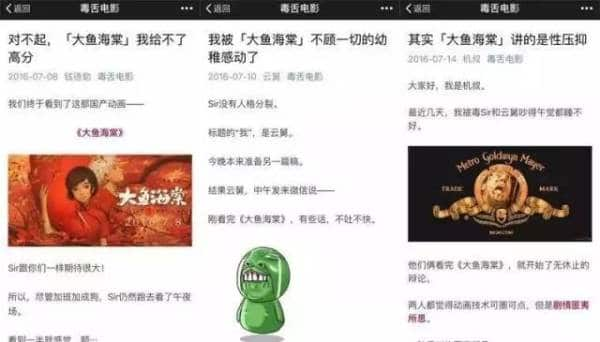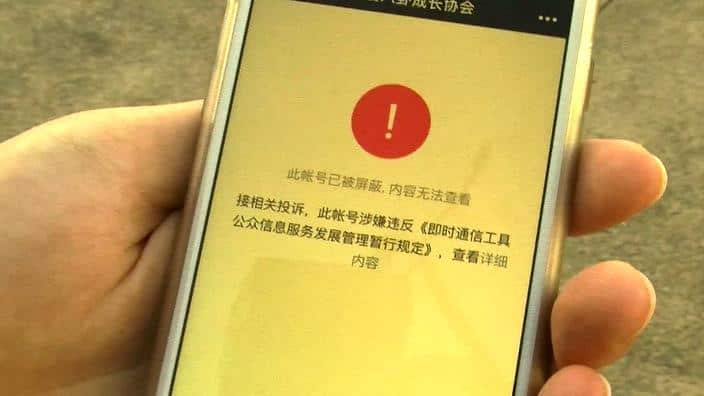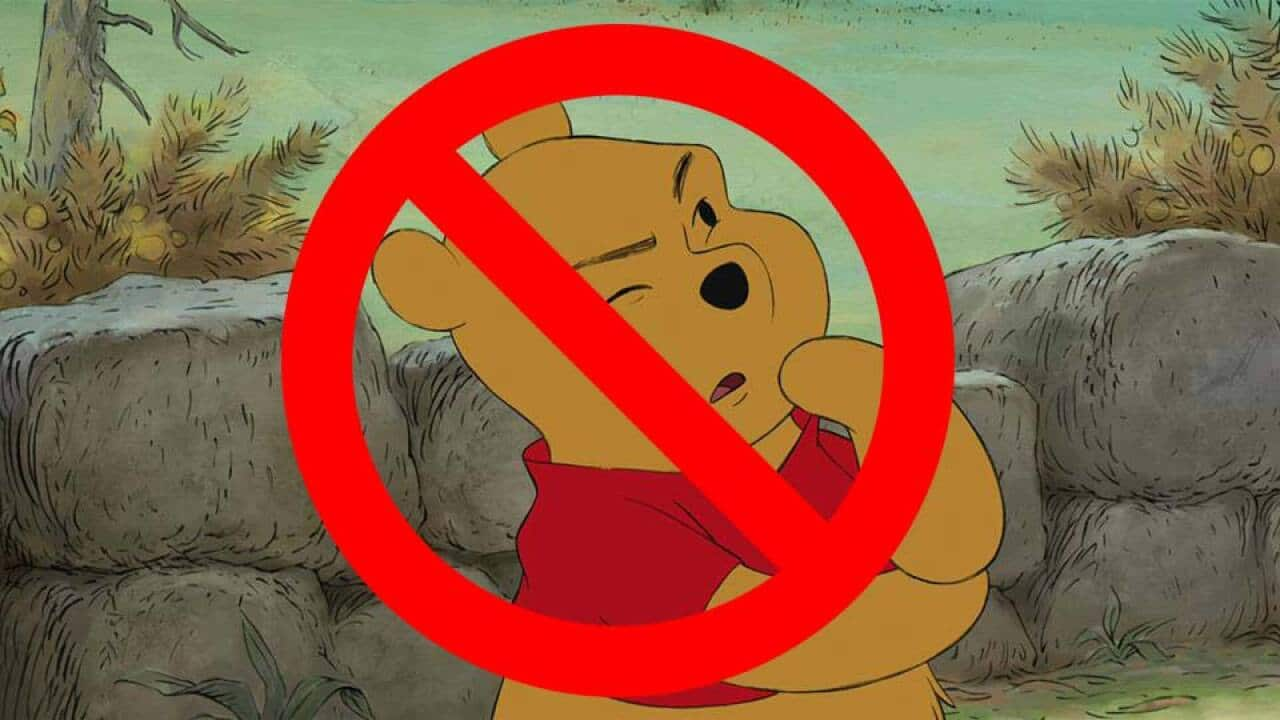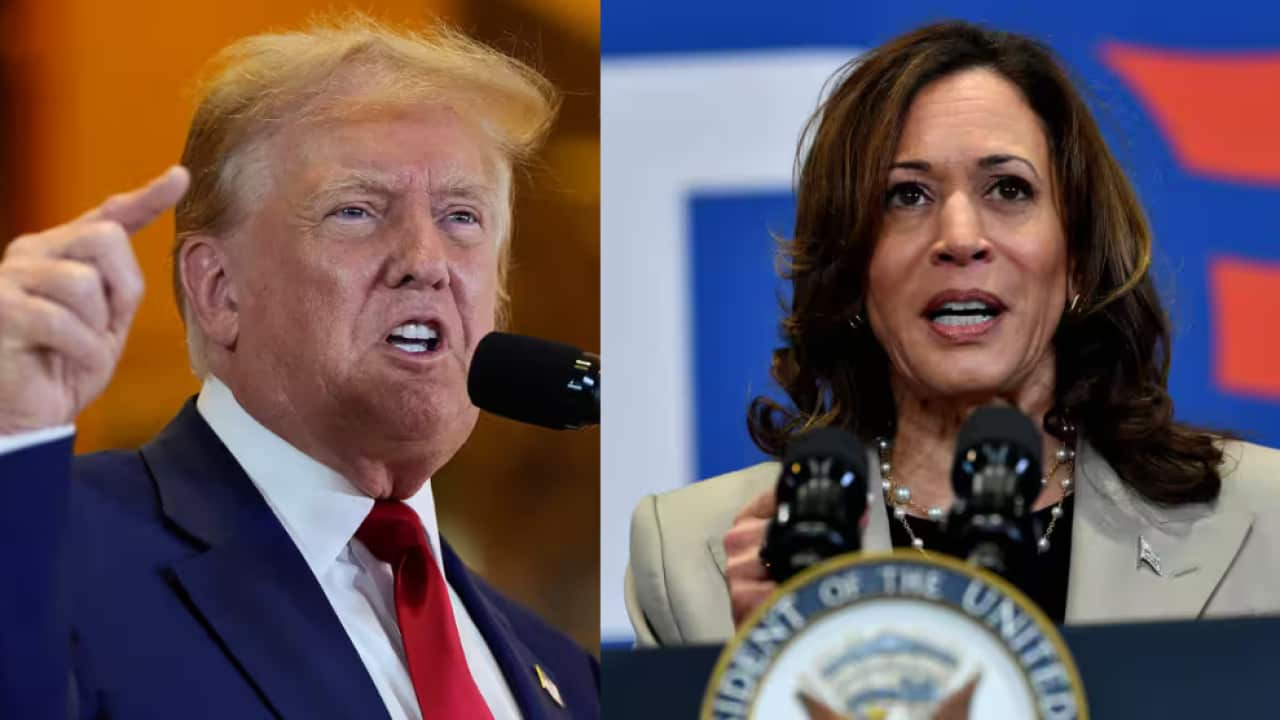The suspension of WeChat accounts, the forced silence of Weibo users, and the rectification of online videos have formed a triple whammy for China's blogger and self-publishing industry. The recent shutdown of tens of the most influential WeChat official accounts have hit the entertainment and gossip blog sector hard.
Academic Dr Haiqing Yu, a senior lecturer in Communication and Media Studies and Asian Cultural Studies at the University of New South Wales, tells SBS Mandarin that "freedom of speech in China has reached it's lowest point" and that one of the purposes of the online censorship is to build the cyber power of the Chinese national president.
The latest example of this is China's ban on Winnie the Pooh. The government recently blocked any further circulation of his image from behind the "great firewall of China", reportedly following the circulation of a meme comparing the Disney character to President Xi Jinping.
On WeChat, China's most popular social media platform, if one user sends a picture of Pooh, the other users in the chat will be blocked from seeing it. Searching for Pooh images on Sina Weibo (a micro-blogging site equivalent to Twitter) will result in the message "In accordance with relevant laws and regulations, results are not displayed."
Not that this has stopped people from searching on all platforms. It's had the opposite effect:
The Pooh-ban follows a recent crackdown on the entertainment and movie industry. One particularly popular blog that felt the censor's wrath was the acid-tongued film critique site Poison Tongue Movie, valued to be worth over 300 million yuan, which had its WeChat account suspended last month by authorities citing "socialist values."

Xinyuan Weng, who works in the film industry in China, runs her own official WeChat film review account WalkingInFilms. She does not know the reason why popular film blogging account, Poison Tongue Movie, was on the crack-down list, too.
“It says it is a 'poison tongue', but its content is not that ‘poisonous’ essentially," Weng tells SBS Mandarin. "I found that the number of the articles of it criticizing the social issues in China, is far less than the ones it praised China, such as the Chinese narcotics police."
"Basically the movie category has been wronged in this case.
"It doesn’t matter that much that the gossiping ones are cracked down, for the movie category, Poison Tongue Movie is the only one that was treated wronged.”

The Chinese government has been tightening its censorship towards public opinions in recent years, according to the UNSW academic Dr Haiqing Yu . She said that the shutdown of Poison Tongue Movie was no accident but was due to its negative comments on the Chinese domestic cultural industries.
“The Chinese government wants to encourage its domestic movie and anime industries, and thus to boost the local private consumption," says Yu.
"But now, they were seriously criticized by these accounts like Poison Tongue Movie, which of course had made the policy makers furious at the back—finally we had already put a large amount of money to improve the quality of the local films and animes, and they still ended up being criticized at full blast.
"We have been trying very hard, but still failing to catch up with Hollywood and even Bollywood.
"Foreign [films] are always praised, but ours are constantly blamed, this is what the governors are angry at.
"So they took the opportunity of the anti-vulgar action, to not only shut down the indeed vulgar ones, but also the very slightly relevant ones like Poison Tongue Movie.”
There is the trend of making the President Xi the Chinese most influential online-celebrity, leading China’s online opinions, according to Dr Yu.
“There is the trend, of making Xi China’s top online celebrity, together with his wife, another big online star," she says.
"So, other people are all small ones, who should follow the top star to propagate his so-called ‘positive energy’, which is the only way to make them be able to co-exist with Xi.
"Shutting down these ones doesn’t mean that he can shut down all the others, but is the deterrent effect that he wanted to achieve.”
What do Australia's WeChat users think?
Celebrity gossip bloggers can often be defamatory and should be banned, says Hilary Yang, an undergraduate student at the Business School of the University of Sydney.
“I think shutting them down is good," Yang tells SBS Mandarin. "If they could all be suspended, I personally wouldn’t care because I don’t like gossips that much. It might help improve the general ethos in the show-biz.”
While the content of gossips can tend towards the "vulgar", they should not be treated with forcible means, said Tammy* from the Media and Communication Department of the University of Sydney.
“A platform should allow multiple voices to exist. I don’t think they should be shut down out of this reason.”
Veronica Mao also studies media and communications at University of Sydney. She could not understand the reason of the government intervention in the entertainment domain.
“I don't know why they were treated such severely by just gossiping," says Mao.
"I think if there is a certain law protecting the privacy of the celebrities, and given most celebrities would have their personal lawyers and legal support, if they do come across something unbearable, they could bring it to the court properly, instead of eliminating all the accounts at once, which others had been enthusiastically working on.”
Self-publisher Xinyuan Weng however, is pessimistic about this trend.
“If this great couple become online celebrities, Weibo would then turn into their notice board, telling their daily issues, thoughts, outfits and appearance for us to simply press ‘like’," she says.
"We don’t need to comment, the comments will be deleted anyway, leaving only the numbers."
"I think, mainly because that China is a country that has always been president-worshiping, people could hardly ridicule ‘Xi Dada’ as they do to Trump. To call him ‘Dada’ already shows the difference between him and Trump.
"If they are to be online celebrities, that would be horrible—people would be more worshipful than ever. That’s too horrible.”
This recent WeChat account crackdown could have been a turning point for Chinese self-media industry. Some Chinese Provincial Communist Party branches have started propagating their ideology on an online streaming platform, which also proves that the Chinese governors have seen the importance of new media in enhancing their influence in the younger generations.
*Name has been changed at the request of the source.




